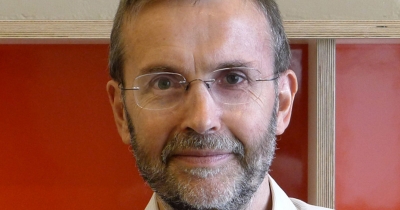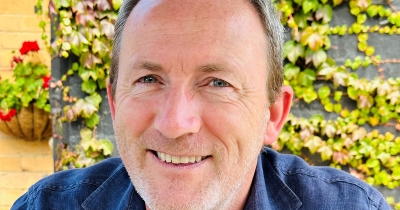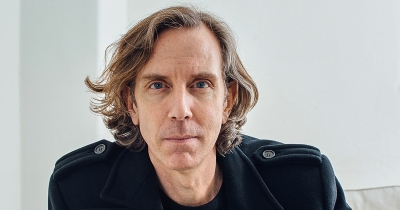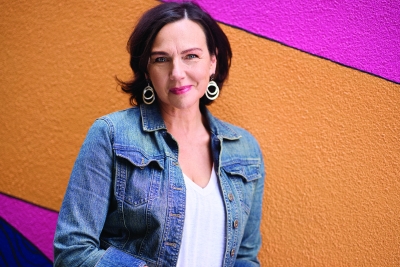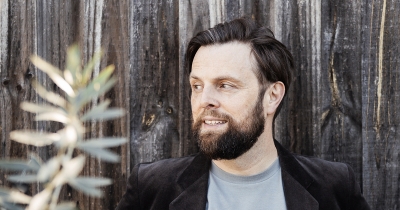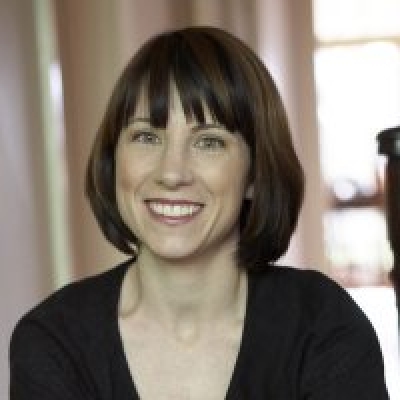Interview
Ross McMullin’s latest book Life So Full of Promise: Further biographies of Australia’s lost generation (2023) is his sequel to Farewell, Dear People (2012), which was awarded the Prime Minister’s Prize for Australian History. His previous biographies include Pompey Elliott (2002) and Will Dyson: Australia’s radical genius (2006). His political histories are The Light on the Hill (1991) and So Monstrous a Travesty: Chris Watson and the World’s first national labour government (2004).
... (read more)Martin Hughes is co-owner and Publishing Director at Melbourne-based independent publisher Affirm Press. Martin has previously worked as editor of The Big Issue magazine, as a writer, editor and photographer with Lonely Planet Publications, and in journalism and public relations in Ireland and Britain.
... (read more)Dan Disney’s latest books include New Directions in Contemporary Australian Poetry (co-edited with Matthew Hall; Palgrave) and accelerations & inertias (Vagabond Press), which was shortlisted for the Judith Wright Calanthe Award and received the Kenneth Slessor Prize. His individual poems have won numerous prizes, including, most recently, the 2023 Peter Porter Poetry Prize. Disney teaches in the English Literature Program at Sogang University, in Seoul.
... (read more)Pip Williams was born in London, grew up in Sydney, and now lives in the Adelaide Hills. She is the author of One Italian Summer, a memoir of her family’s travels in search of the good life, which was published by Affirm Press to wide acclaim. Her first novel, The Dictionary of Lost Words, based on her original research in the Oxford English Dictionary archives, was published in 2020 and became an international bestseller. The Bookbinder of Jericho is her second novel and again combines her talent for historical research and storytelling.
... (read more)Barry Scott is the publisher at Transit Lounge, an independent press he started with fellow librarian Tess Rice in 2005. He has worked in literary programming, been the recipient of an arts management residency in India and a Copyright Agency grant to research small press publishing in the United States. Beginning with an emphasis on writing about other cultures, particularly Asia, Transit Lounge is now focused on publishing an eclectic mix of Australian literary fiction and non-fiction.
... (read more)An interview with Paul Dalgarno.
... (read more)Why do you write?
It is the one ambition I’ve ever had. Some bleak days I think that my desire to write is no more than an unshakeable habit. On other days I think that writing allows me to have and make other worlds. All the difficulty of writing is in service to this freedom. Also, the habit of writing renews experience: it makes me notice things with a new distance and curiosity, and wonder how they might work in writing; it means that I always have something to think about on the train.
Are you a vivid dreamer?
Yes, but my most vivid dreams are nightmares. They make me glad to wake. I miss the dreams of flying that I had when I was growing up.
... (read more)Why do you write?
It’s not really a choice, but a necessity. Usually, it is the pressure of an idea or an emotional state that only seems to be satisfactorily released as words on a page. Sometimes, if there is a choice involved, it is in choosing not to write.
Are you a vivid dreamer?
Yes. A lot of my work originates in dream. Glissando began as a transcription of a dream I had longer ago than I care to admit.
... (read more)Why do you write?
To stop time, to figure it all out.
Are you a vivid dreamer?
Yes. And prone to sleep talking and singing and, absurdly, trumpet fanfares. As a child I had a recurring dream of flying crocodiles, concluding with the subtitle ‘Christian Television Association’.
... (read more)Why do you write?
To find out what I know, to remember what I can, and to make sense of it all – but also to make nice patterns; to get less ignorant if not adequately wiser; and because, like all obsessives, I get morose if I don’t.
... (read more)
